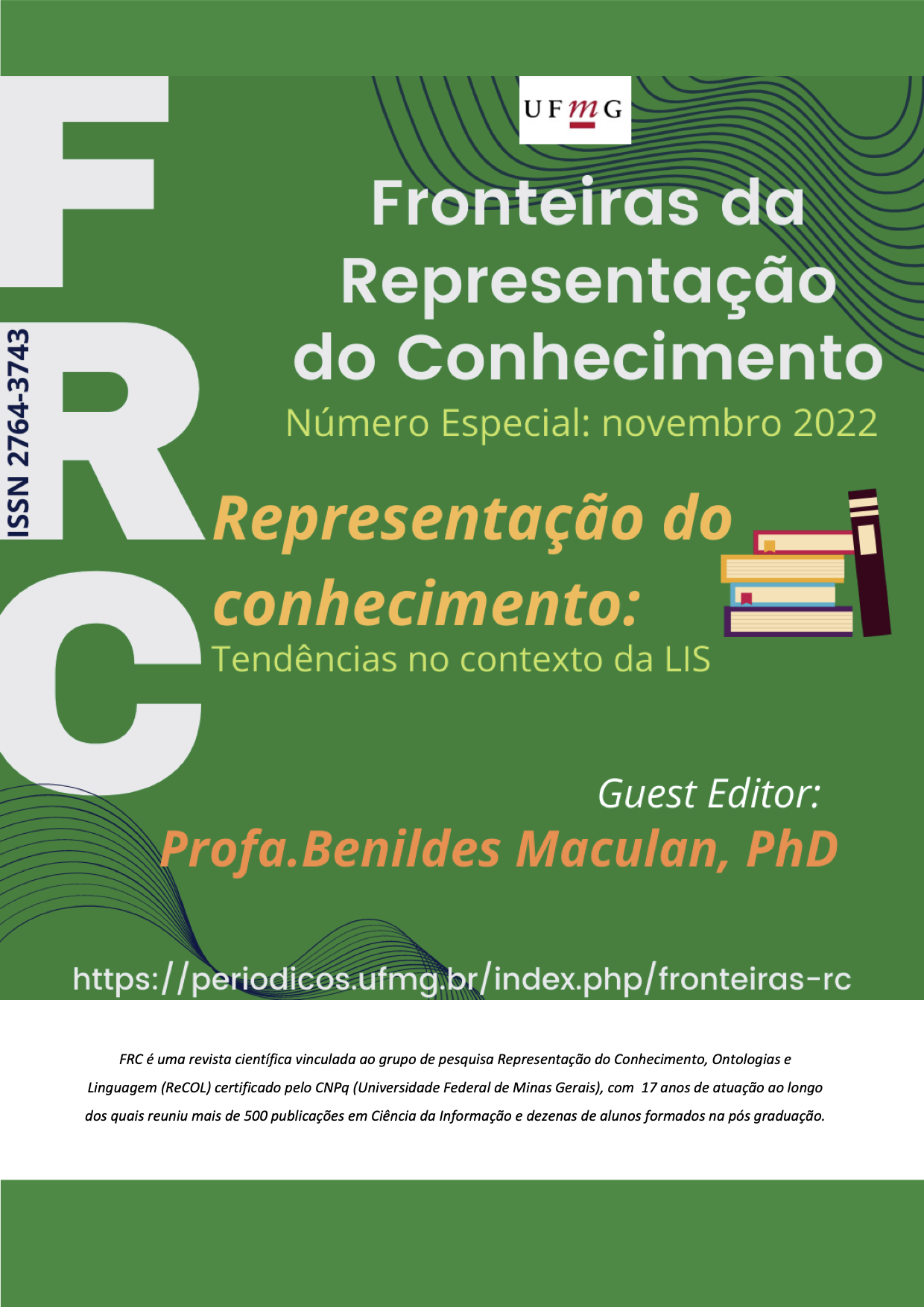A curation model to integrate digital heritage collections published on the Web as Linked Open Data
Main Article Content
Abstract
Context: Heritage objects have been represented and published on the Web as
Linked Open Data - LOD. Such collections have cultural value because they are the
result of curation processes carried out by these institutions; many have thematic
intersections or are related to other web resources. The potential of these
initiatives depends on which digital objects from these collections are integrated,
related to each other and to other entities such as authors, themes, events,
historical periods and places. This integration is not “a priori”, it is the result of
curation “a posteriori” to the publication of the collections as LOD. Vocabularies
and classification schemes are important as they provide meaning and context to
the data.
Problem: How to integrate digital objects from these collections with each other
and with other resources, forming curated, permanent information resources with
greater cultural value, such as exhibitions, classes, museums or virtual libraries on
themes, characters or cultural or historical events?
Objectives: Integrate previously developed vocabularies - Culturally Relevant
Relationships - CRR - and Classification of Types of Heritage Objects - TOP -, among
others, into a curation model for digital heritage objects - MIC - to make them
permanent resources, copyright and reusable.
Methodology: bibliographic and documental research, analysis of
vocabularies/ontologies, identification of usage requirements to be used in the
development and evaluation of the model.
Results: The MIC is presented as a class diagram, and validated by the tasks of the
digital curator and users. The model integrates several vocabularies, models and
ontologies. An implementation of MIC is presented as a named graph.
Article Details
Issue
Section

This work is licensed under a Creative Commons Attribution 4.0 International License.
From: https://creativecommons.org/licenses/by/4.0/
You are free to:
- Share — copy and redistribute the material in any medium or format
- Adapt — remix, transform, and build upon the material
- for any purpose, even commercially.
- The licensor cannot revoke these freedoms as long as you follow the license terms.
Under the following terms:
-
Attribution — You must give appropriate credit, provide a link to the license, and indicate if changes were made. You may do so in any reasonable manner, but not in any way that suggests the licensor endorses you or your use.
- No additional restrictions — You may not apply legal terms or technological measures that legally restrict others from doing anything the license permits.
Notices:
- You do not have to comply with the license for elements of the material in the public domain or where your use is permitted by an applicable exception or limitation.
- No warranties are given. The license may not give you all of the permissions necessary for your intended use. For example, other rights such as publicity, privacy, or moral rights may limit how you use the material.


